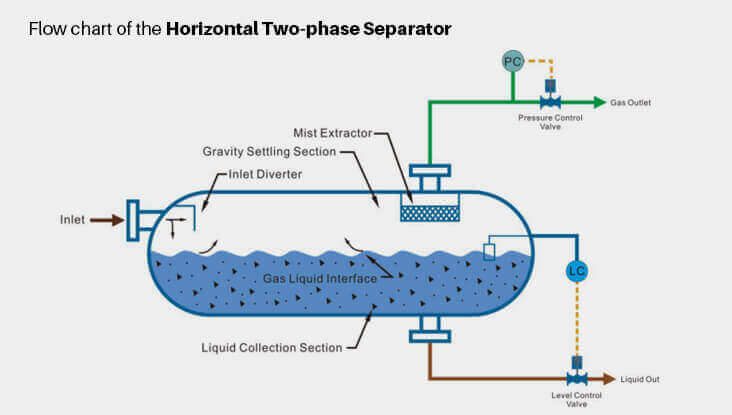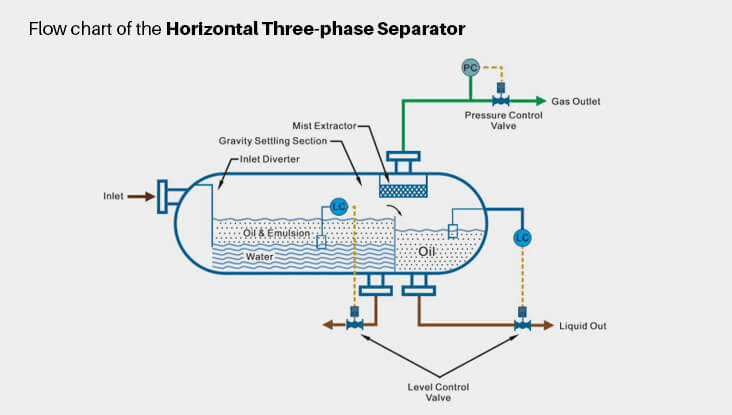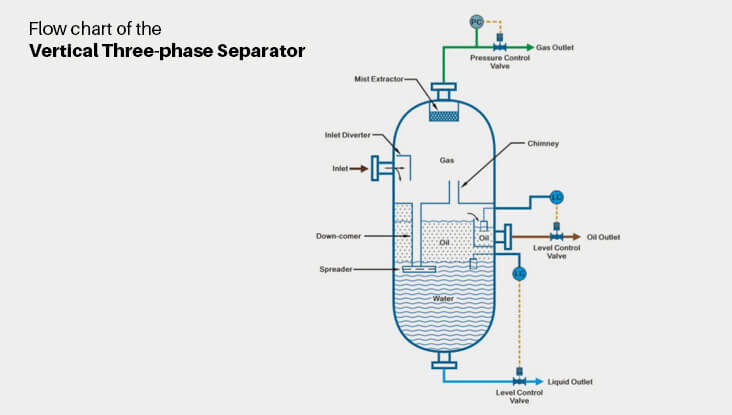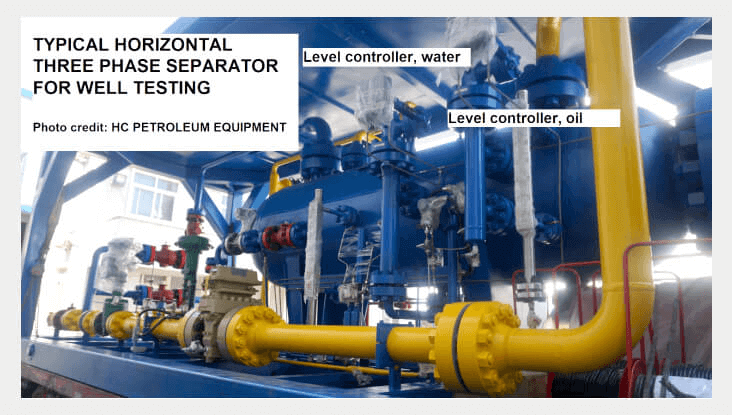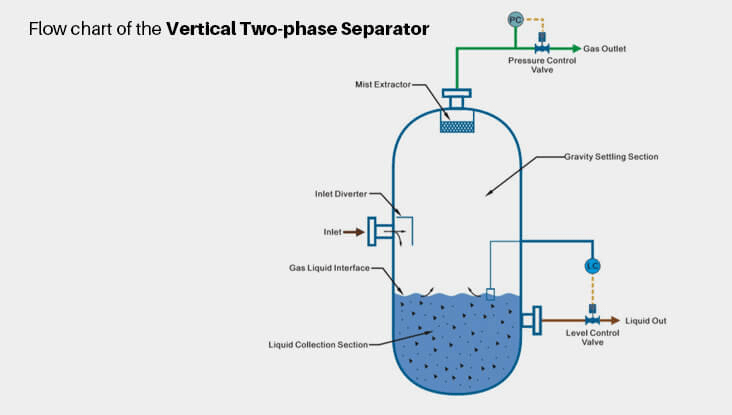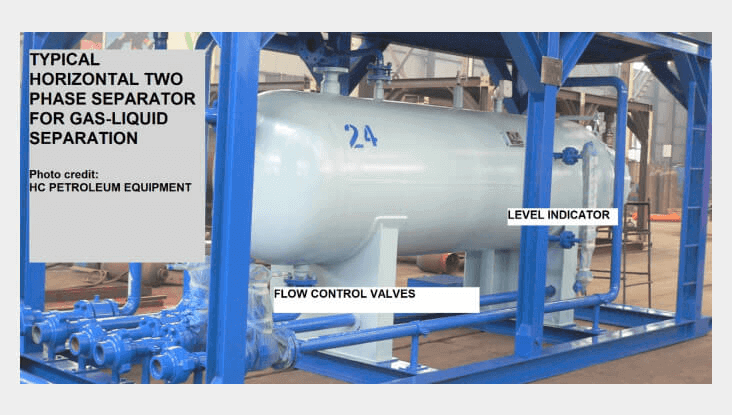Separators are essential equipment of oil and gas production process. Separators divided into two-types, two-phase and three-phase.
The main difference between two-phase and three-phase separators is their function to separate coming fluids and/or gases into two and/or three phases, which is possible by internals, installed inside of the separator vessel.
Two-phase separator (2 separator) is designed as either horizontal or vertical pressure vessels. Two-phase (gas-liquid) separators separate well fluid into its liquid or gaseous components.There are many other types of two-phase separators used for various oil and gas processing facilities and chemical plants.
As shown in the chart, horizontal/vertical two-phase separator consists of inlet diverter and mist extractor, and there is only one level controller and level control valve. While in three-phase separator, there are additional internals, nozzle, and level control valve.
Three-phase separator(3P separator), as two-phase separators, is designed as either horizontal or vertical pressure vessels, used to separate coming gaseous and liquid substances into three phases. In oil & gas production, usually coming gas-liquid substances are separated into gas, oil and water.
Three-separator is similar tothe two-phase separator except that it has an additional baffles and level controllers, one to drain water, another is to drain oil.
Type and structure of each separator is selected by the engineering or fabrication companies who is responsible for the oil and gas treatment. There are many names of naming the separators, such as, inlet separator, outlet separator, knockout drum, scrubbers, test separators, production and etc. However, all separators have two factors in common, one is phase, second is structure, either vertical or horizontal.
-
2026 / 02 / 13Skid-mounted Thermally Activated Advanced Oxidation Process (AOP) System for Chemical Wastewater Treatment
-
2025 / 12 / 29
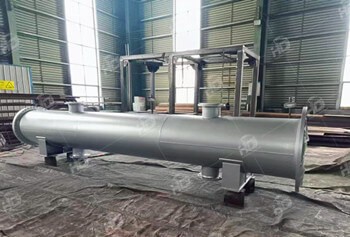 Customized Shell and Tube Heat Exchanger for Syria Project
Customized Shell and Tube Heat Exchanger for Syria Project -
2025 / 11 / 01
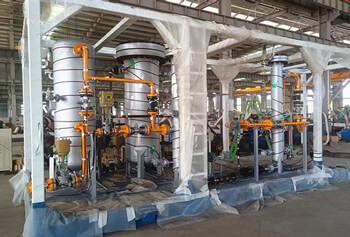 HC Successfully Delivers Gas-Liquid-Sand Separator for Xinjiang Oilfield Project
HC Successfully Delivers Gas-Liquid-Sand Separator for Xinjiang Oilfield Project
- +86 158 6190 3617








